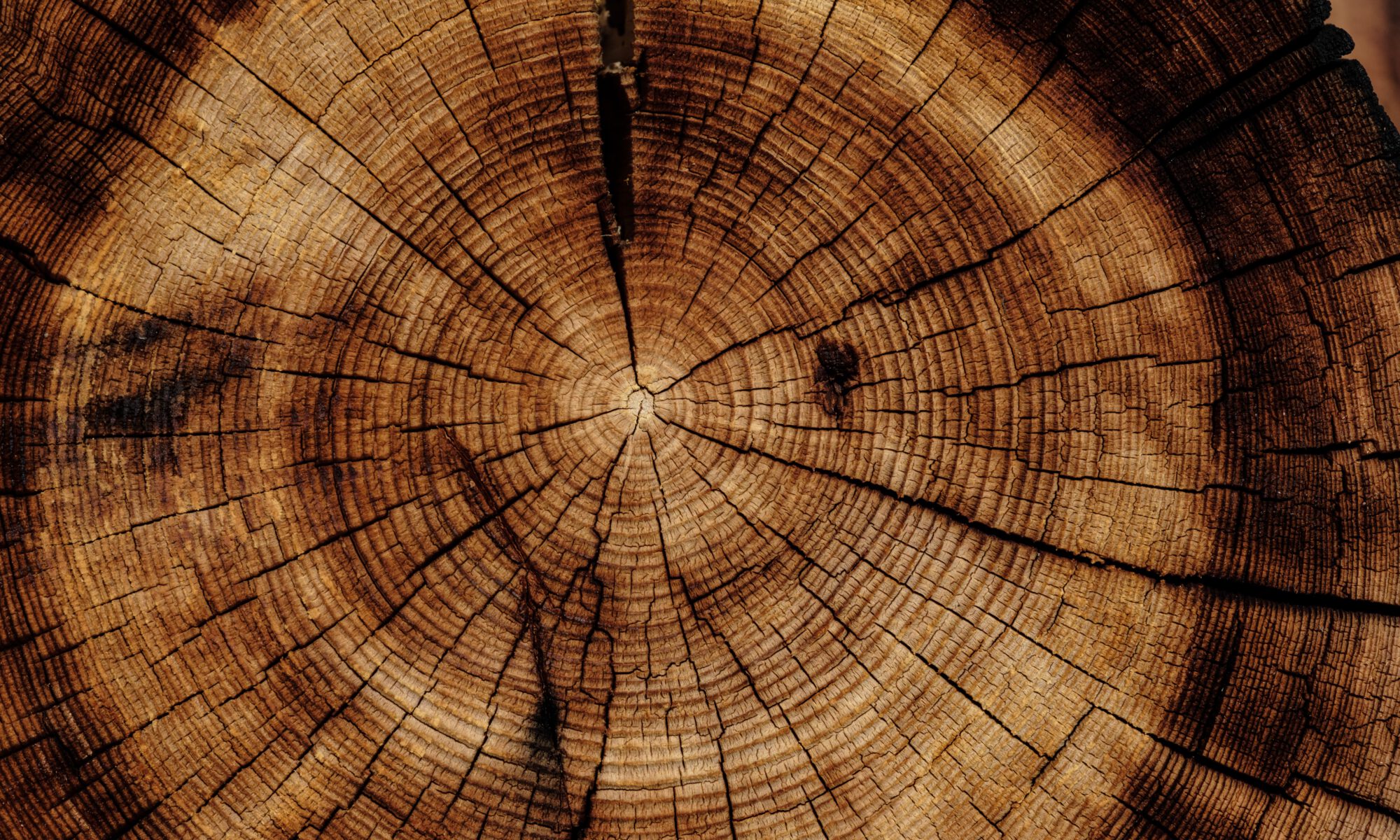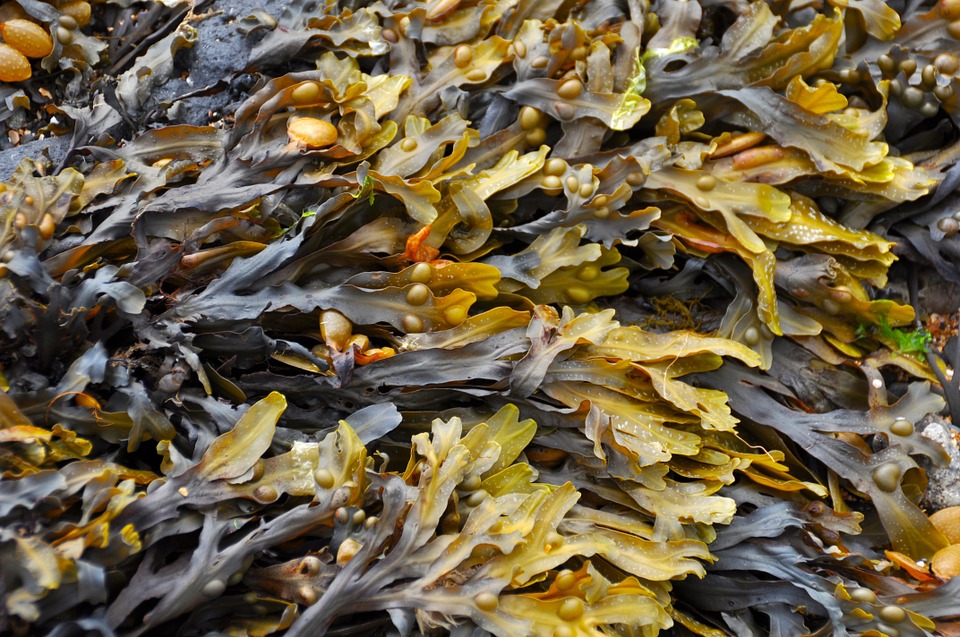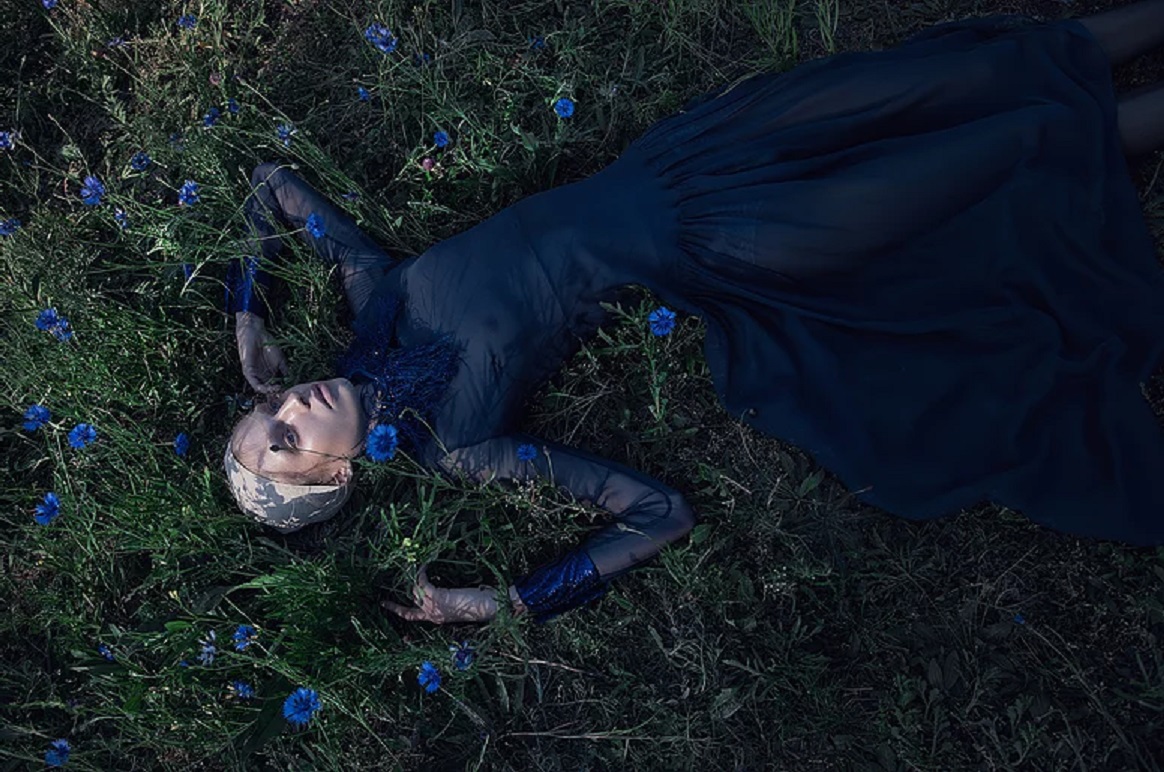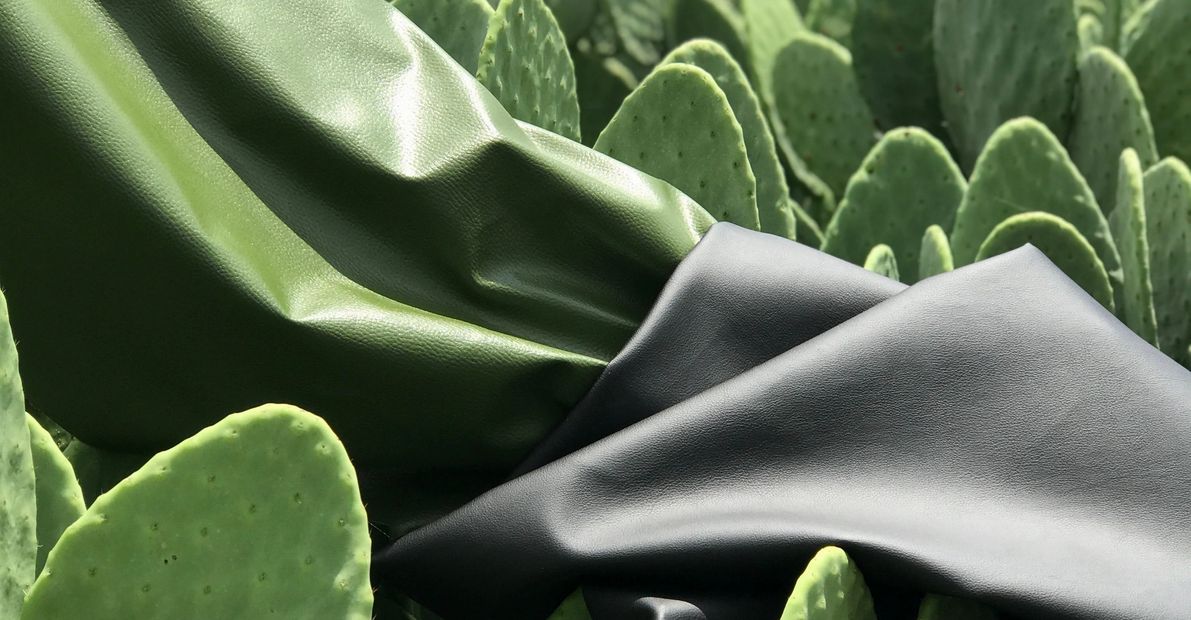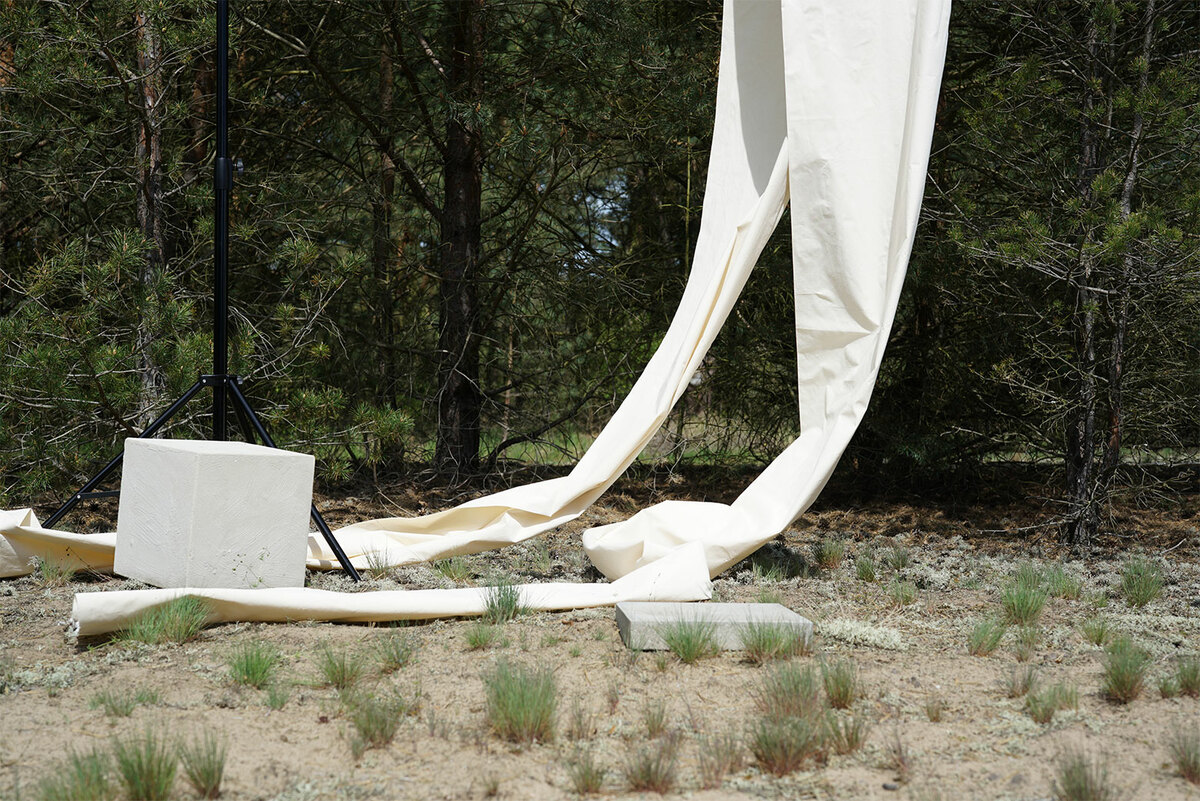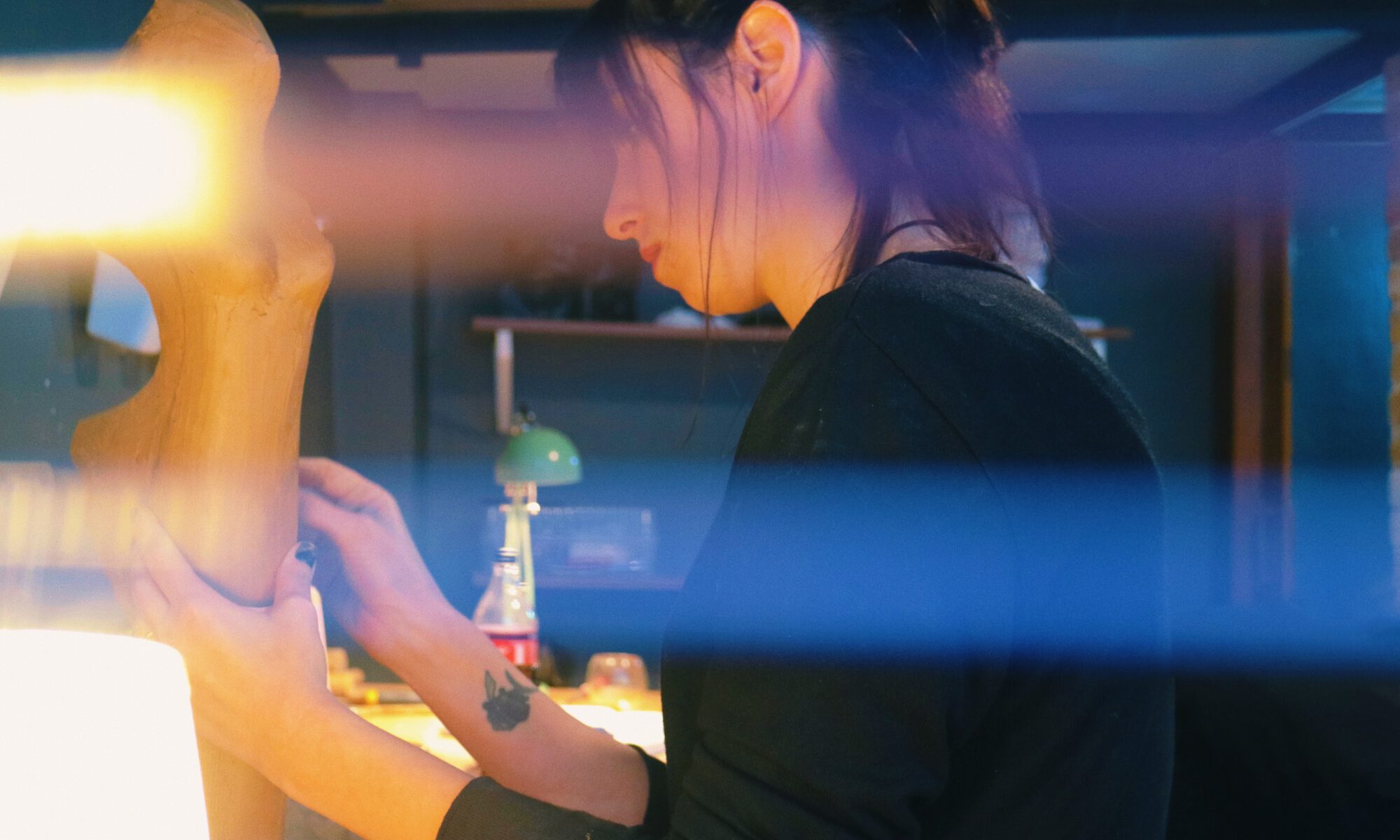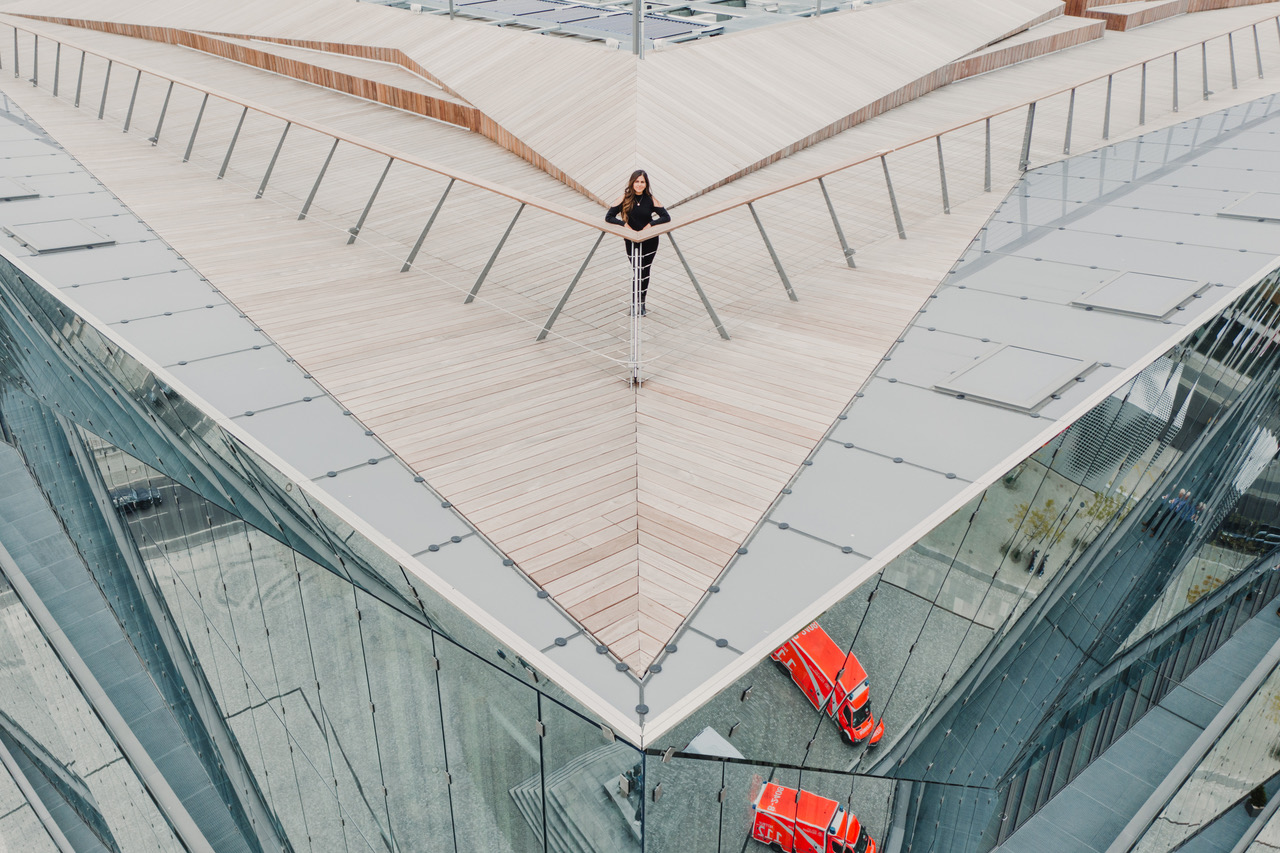Transparency in the textile supply chain is important for many reasons and is increasingly demanded politically as well as by us consumers. According to a study by Fashion Revolution, 75% of consumers say they want more information when buying clothes (Fashion Revolution Consumer Survey Report 2020). They want to know where the material comes from, under what circumstances was the garment produced, where and by whom? Continue reading “Transparency in the textile chain”
Wood
“Wood-based fibres for fashion are “a choice we all need to be aware of for a better life on our planet.” The majority of textiles today are still made of petroleum-based synthetic fibres. A limited raw material whose use is not good for our environment. Washing clothes made of synthetic fibres releases huge amounts of tiny particles into the oceans. An alternative are materials made from renewable, compostable raw materials. In the textile industry, this includes wood, especially TENCEL. Cellulose fibres made from wood currently account for 6 percent of total global fibre production. Clothing made of wood is pleasant to wear on the skin. We took a closer look at the material. Continue reading “Wood”
Algae
In the search for sustainable materials for the clothing industry, algae seem to be an interesting alternative to cotton, for example, because they grow highly regeneratively in seawater, for example, and require virtually no water for processing. In addition, algae substances have a vitalising effect. We have taken a look at the special features and challenges. Continue reading “Algae”
Berlin-based Prêt-à-Couture brand Danny Reinke
Danny Reinke is a fashion brand, which combines craftmanship and local production in our hometown Berlin. We came across them during Berlin Fashion Week. We are glad, that we had the chance to ask about his approach, success factors and challenges of local production. Continue reading “Berlin-based Prêt-à-Couture brand Danny Reinke”
Cactus leather Desserto, Mexico
For some time now, cactus leather from the company ADRIANO DI MARTI and its product desserto from Mexico has been used and celebrated in the fashion world as a sustainable alternative to leather. The founders Adrián López Velarde and Marte Cázarez have developed a patented process for producing cactus leather. Continue reading “Cactus leather Desserto, Mexico”
Berlin-based eyewear brand MYKITA
MYKITA sets standards for sustainable urban production in the fashion industry with its modern manufactory. The Berlin brand has been designing & producing beautiful eyewear under one roof since 2003, today at MYKITA HAUS. The purposeful products combine craftmanship and high technology. Innovation and sustainability are the key of the MYKITA DNA. MYKITA pioneers the industry with its holistic approach. Founder Moritz Krüger was driven by a clear aesthetic vision and the willingness to produce something himself, to be curious and to constantly question the status quo. By the novelty of the first product design, the founder were forced to set up their own production and to develop the machines and processes for the specific needs. Continue reading “Berlin-based eyewear brand MYKITA”
Berlin-based avant-garde shoe brand Trippen
Trippen, the sustainble internationally renowned avant-garde shoe brand from Berlin, was founded three decades ago. We are pleased that Michael Oehler, founder of Trippen, took the time to answer our questions about the advantages of local production, the challenges as well as the role of local customers. Continue reading “Berlin-based avant-garde shoe brand Trippen”
Sustainable Fashion Production in Berlin
We have already looked at sourcing raw materials for the garment industry from a city’s waste. Cities consume 75% of the world’s natural resources (Ellen McArthur Foundation, 2021). Besides the materials used, the way clothes are made also has a big impact on the environment. A pair of fast fashion jeans has travelled up to 50,000 km across several contingents by the time it is bought and used in our country. This is not a sustainable production method. How can the fashion production be made sustainable and local? Continue reading “Sustainable Fashion Production in Berlin”
Sourcing for fashion production in Berlin
We are interessted in circular textile production processes and using „waste“ as ressources for something new. In urban spaces, like our home town Berlin, we see are lot of interessting sourcing opportunities for the production of clothes and shoes. Cities are main driver of consumption. They produce enormous amounts of waste and pollution (circular.berlin). What if, we use that waste and transform it into something good. To source and produce locally seems to be a good starting point to create a possitive impact. Sustainable production comes with the usage of natural materials or recycling of materials. By recycling plastic waste and other waste, resources can be conserved. Let’s do a thought experiment and think about waste streams in urban spaces, which could be a sourcing opportunity for textile production. Continue reading “Sourcing for fashion production in Berlin”
Alina Bassi, Kleiderly
Berlin and its tech- and fashion scene is re-inventing itself at the moment. Berlin has a vital community, when it comes to creative industry, incuding fashion. In our research at the intersection of innovation, technology and sustainability in fashion industry, we came across Alina Bassi, founder of Kleiderly. Waste is a major problem in the fashion industry, something what needs to be solved. Kleiderly turns post-consumer waste, which would go to landfills, into new products. A silverlining, when it comes to reducing post-consumer waste in fashion industry and using existing “ressources”, giving them a new use. We were curious about this technology and its contribution to a sustainable fashion future. We are grateful that Alina answered our questions.

